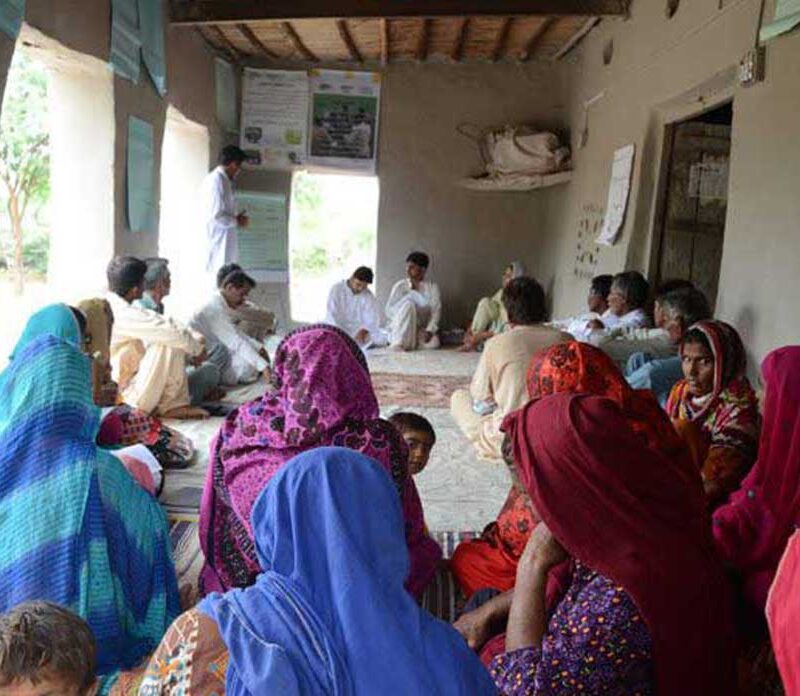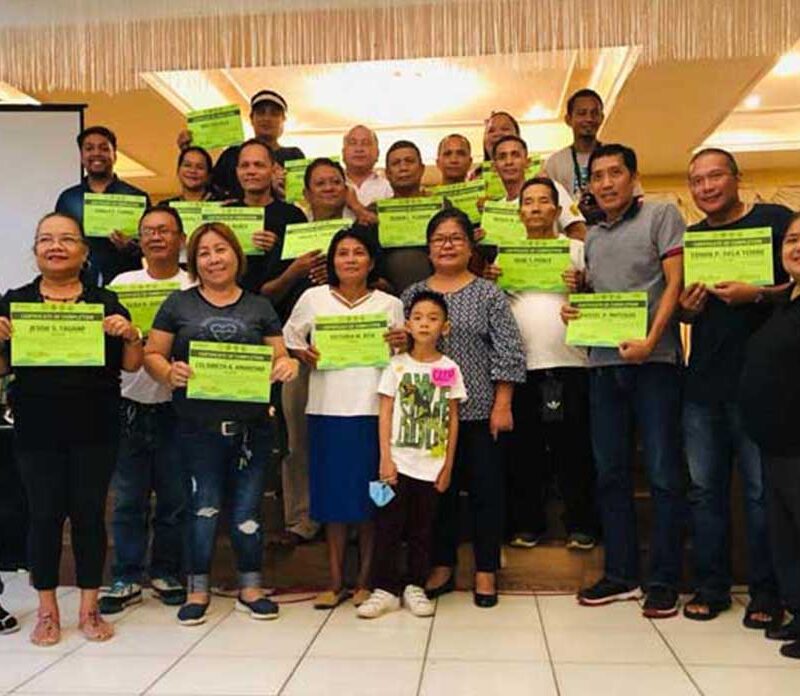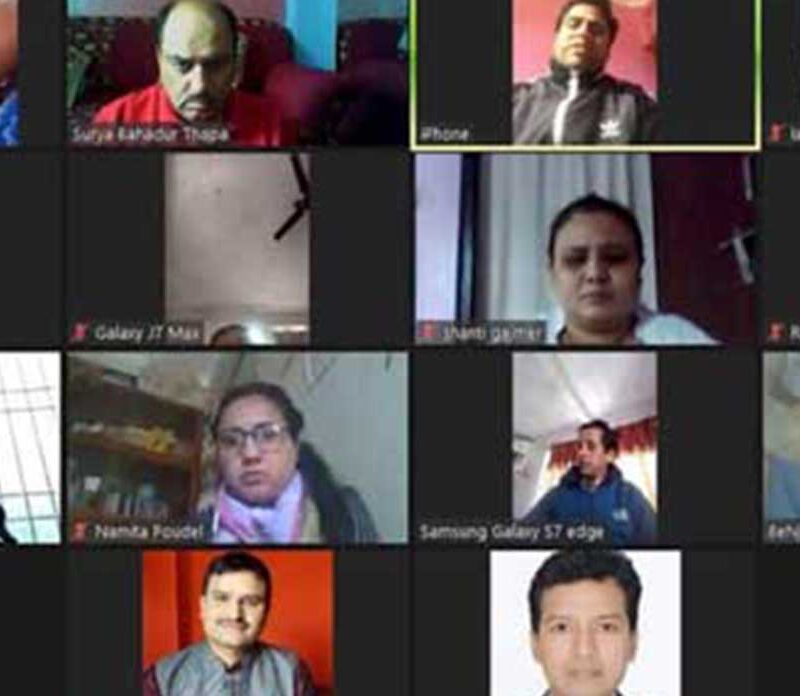As the COVID-19 pandemic and the response to slow down the spread of the virus is impacting women and men, girls and boys, urban, and rural populations in Afghanistan. As of September, 10, 2020, there are 38,544 confirmed cases of COVID-19 in Afghanistan, with 1420 deaths, and The country already faces significant humanitarian crises, including high food insecurity, a large number of IDPs and refugees, ongoing conflict, and natural disasters.
The pandemic is currently exacerbating socio-economic issues, and the lockdown is directly impacting the economy of the poor families that rely on the daily wages, mostly the women headed families as we know that Afghanistan is a country of widows and therefore has millions of women-led households and It is extremely difficult for them to face shock of any disaster occurs as COVID-19, from one hand Widowed women are already vulnerable as their literacy rate is only at 17%; the overall literacy rate is as low as 31%.which means that the majority of these women have less access to formal jobs and are more dependent on small earnings – mainly livestock management, as this is the only asset they own.
During the COVID-19 a research report shared that women headed households have been selling the poultry which was the only source of income for them during the past weeks of lockdown. Widows also rely on support from their families and communities, therefore beside of the overall awareness on the C-19 and it is precautionary measures the women-led households in rural areas need to be trained on the life skill programs to skill up their capacity, to start their small enterprise within their homes and also the ways of sustainability and continuity of the business even in time of any disaster like COVID-19.
Therefore, ALLOHA team able to design 4 days of Women Economic Empowerment Training with setting the objectives to provide the vulnerable rural women with C-19 awareness sessions (what is C-19, how it occurred, how one can keep the precautionary measures, and how they can treat the person infected with C-19) that have no access to any basic information regarding the C-19, beside this the main focus of the 4 days were more on the coping mechanism with such disaster in future to keep the sustainability chain of their livelihood.
As during the 4 days training, the targeted women provided with C-19 Awareness Sessions, precautionary measures, by distributing the hygiene kits, and sessions on the coping mechanism that how women in group can develop their small business, keep the sustainability of their already existing livestock/ poultry farms enterprises, simple ways for marketing for their products and keeping the chain of their social network among other groups of women in order to share and exchange their business knowledge and encourage others into such activities.
For awareness program of the C-19 beside the 36 targeted women, during the 4 training more than 60 women of the targeted areas were invited to the first session of the C-19 awareness, (as each day 10 to 15 women invited due to the limit space, but at the day 4th of the training 40 women were invited for the first session of C-19 awareness).
The C-19 Posters also distributed to the participants and nearby Girls School, whilst the overall program for the Women Economic Empowerment in to response to COVID-19 in form of live Radio Program broadcasted– along with C-19 Messages from the Gorbat Radio which has broadcasting coverage in all over Wardak province.
At the end of the program the groups of women were provided by Package of Materials as per their skill for handicrafts and tailoring.
Funded by: UN-Women Afghanistan




